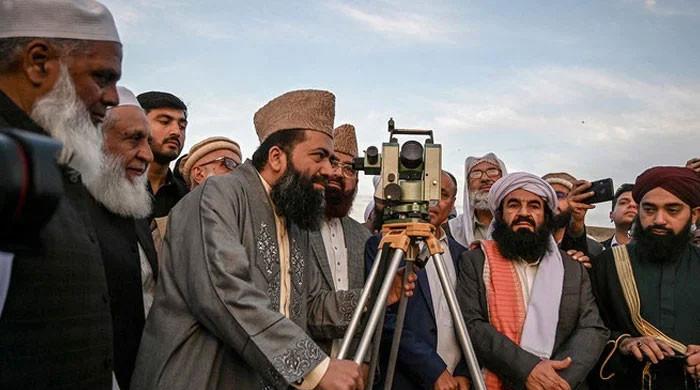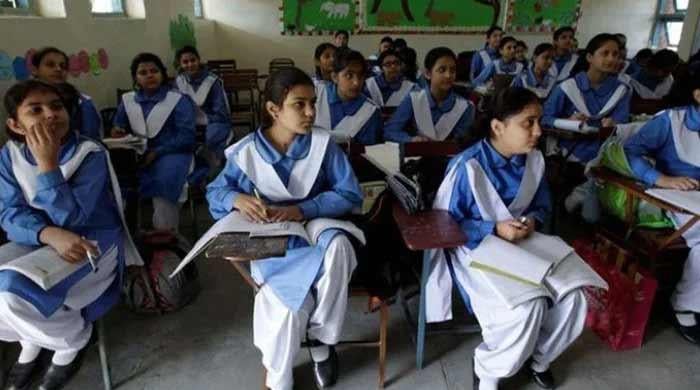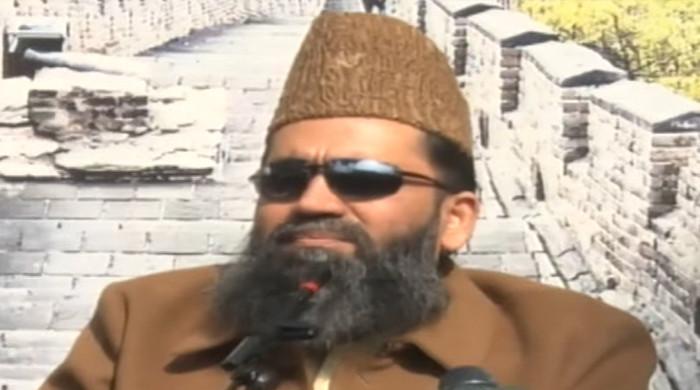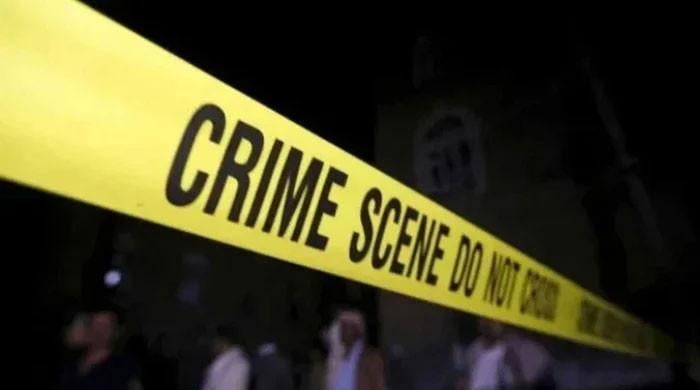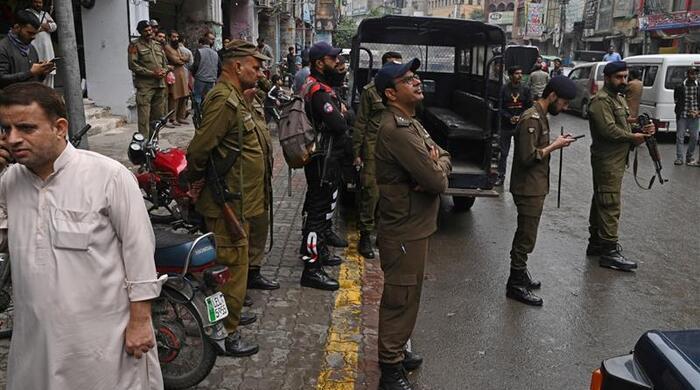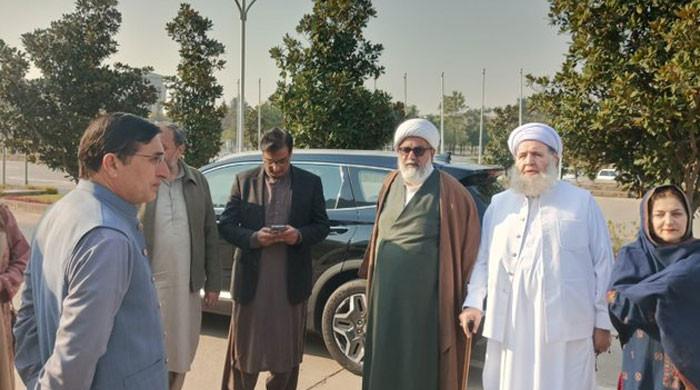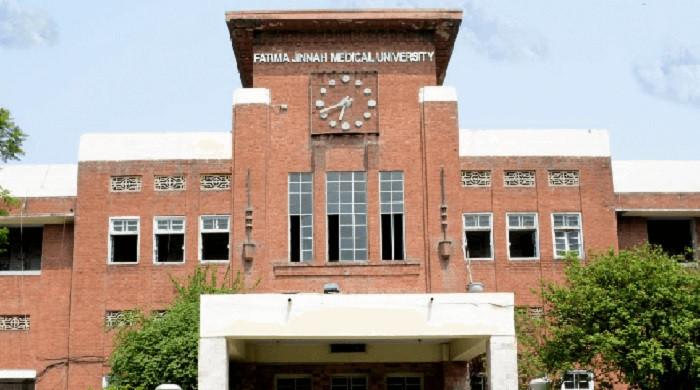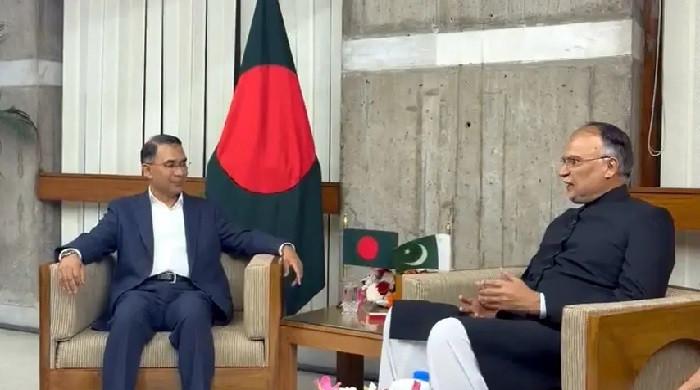TLP banned: What does it mean?
Under Section 11B of ATA 1997, the federal government can proscribe an organisation if there are reasonable grounds to believe that it is concerned with terrorism, says a senior lawyer
April 15, 2021
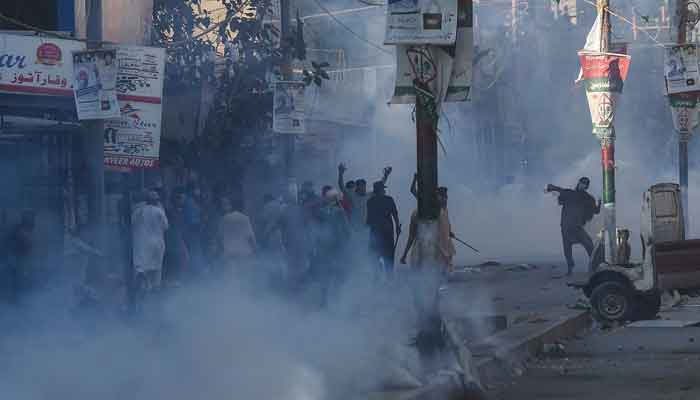
"An organisation can be banned if there are reasonable grounds”
“Under Section 11B of ATA 1997, the federal government can proscribe an organisation if there are reasonable grounds to believe that it is concerned with terrorism. The federal government under the Mustafa Impex Judgment means the prime minister and his cabinet.
The section [11B] entails that reasonable grounds must be on the basis of information received from any credible sources including domestic or foreign including government, regulatory, or intelligence agencies.
However, the ban would be subject to Article 17(2) of the constitution which requires that any such declaration of banning a party has to be referred to the Supreme Court. There is a likelihood that banning TLP outright may be challenged on the basis that the Supreme Court is the final arbiter of whether it should be banned or not.”
Reza Ali, a senior lawyer based in Lahore
“There is no mechanism to observe the activities of banned groups if they change their names”
“The federal government’s decision to impose a ban on the Tehreek-e-Labbaik Pakistan (TLP) under the Anti-Terrorism Act (ATA) 1997, essentially means that the Federal Government is exercising its right under the said law to list TLP as a proscribed organization on an ex parte basis (i.e. without notice to TLP).
Under ATA 1997 the federal government can do so if it has reason to believe that such an organization is concerned in terrorism. Further, under the ATA 1997, the federal government can take various measures against a proscribed organization, including sealing its offices and seizing all literature, posters, banners etc.
However, the effectiveness of such a listing cannot be ascertained. There are almost 76 organizations that have been already proscribed under the ATA 1997, and a major impediment faced by the government is that these organizations rebrand themselves with new names.
Read more: French embassy asks citizens to leave Pakistan over 'serious threats'
The ATA 1997 had been amended in 2013, which provided that if any members of a proscribed organization form a new organization under a different name, upon suspicion about their involvement in similar terrorist activities that organization will also be deemed to be a proscribed organization and the government may issue a formal notification of its proscription.
Despite this, we have seen that the government has not been able to renew its actions against proscribed organizations and there is also a lack of mechanism to observe the activities of groups that have changed their names.
For instance, we can see that political or charitable wings of banned militant organisations continue to operate even if they are covertly involved in terrorist activities.
Further, a number of militant organizations also continue to maintain online / social media presence with limited / no action taken by the relevant authorities.
Maria Farooq a lawyer
“Early to tell if the government will be successful in de-linking TLP from the ECP-approved political party”
“Section 11B of the ATA provides that the federal government may list an organization as 'a proscribed organization in the First Schedule (on an ex-parte basis), if there are reasonable grounds to believe that it is concerned in terrorism.’
To clarify some of the legalese: the First Schedule is the ATA's list of banned groups. Ex-parte basis means the government doesn't have to grant the group a hearing.
But that also leads to the distinction that heavy-handed terror legislation has made in the interim years: the PTI government will seek to avoid any debate over 'banning a political party', one that contested the previous polls and secured 2.2 million votes – 4% of the entire electorate.
This is somewhat similar to Ayub using the Criminal Law Amendment Act of 1908 as the means. The 1908 Act held that the province could ban an organization as unlawful if it interfered with law and order and the public peace. The PTI government is using the same language.
It's too early to tell whether the PTI will be successful in de-linking TLP from an ECP-approved political party – thus sparking debate under Article 17(2) – to what it wants: yet another group of militants up to no good, requiring banishment to the First Schedule.”
Asad Rahim Khan is a lawyer
*The comment has been compiled from Khan’s Twitter thread




